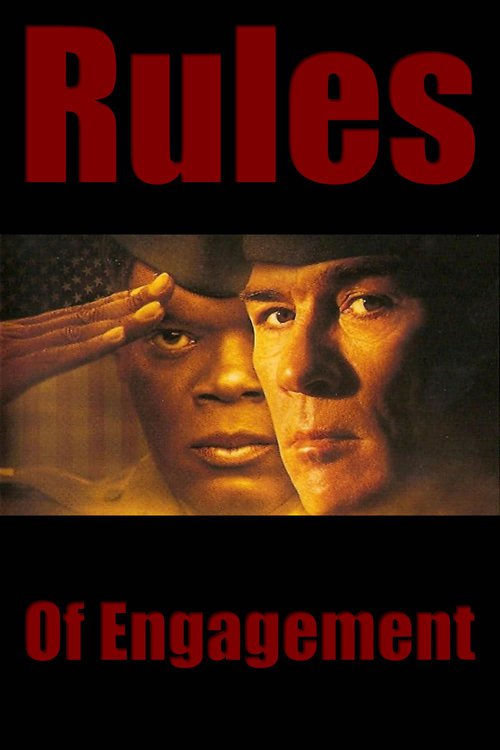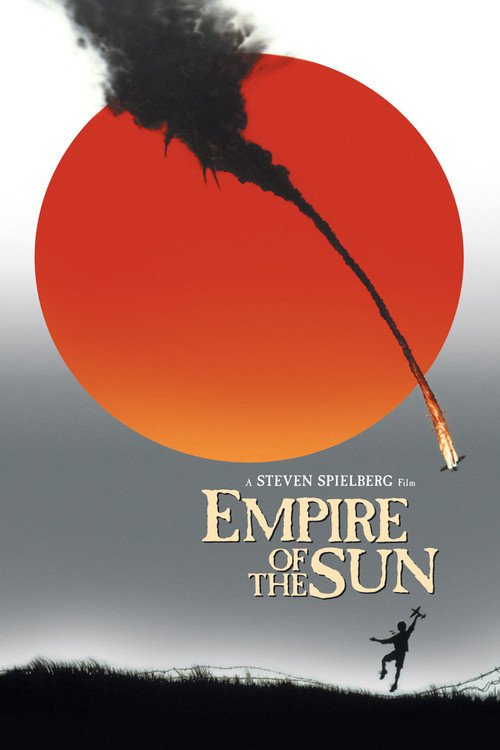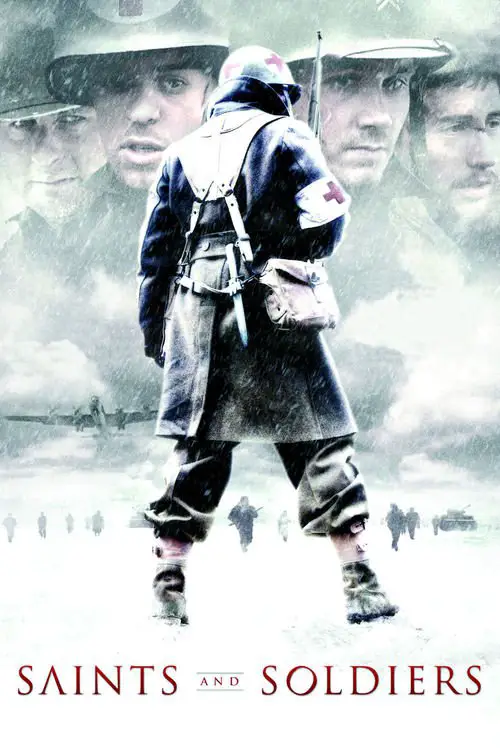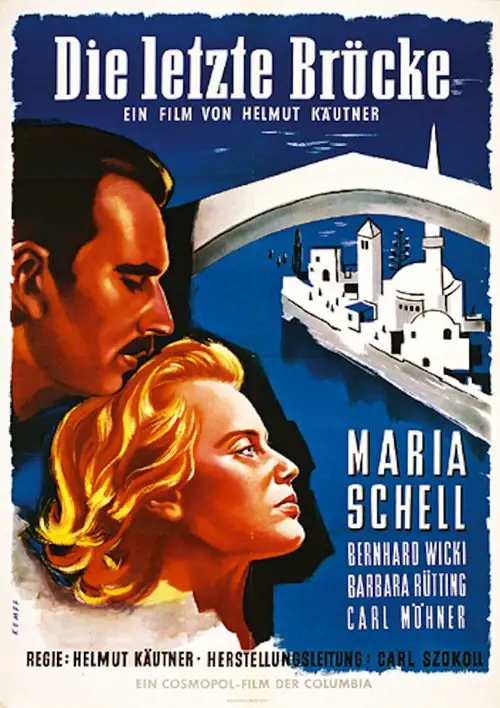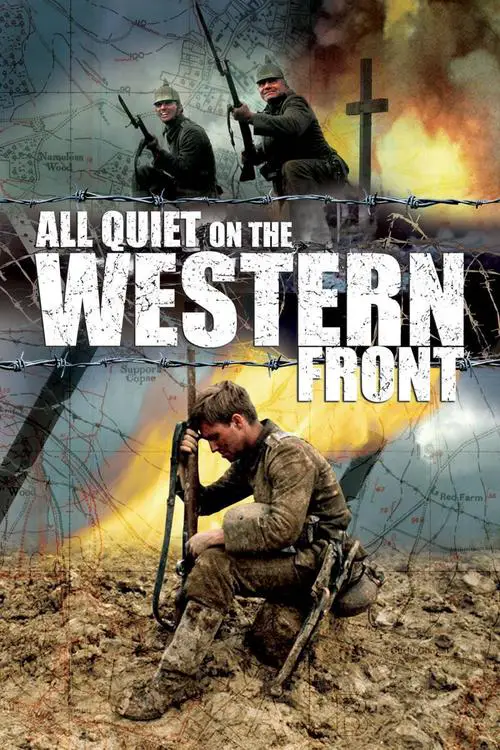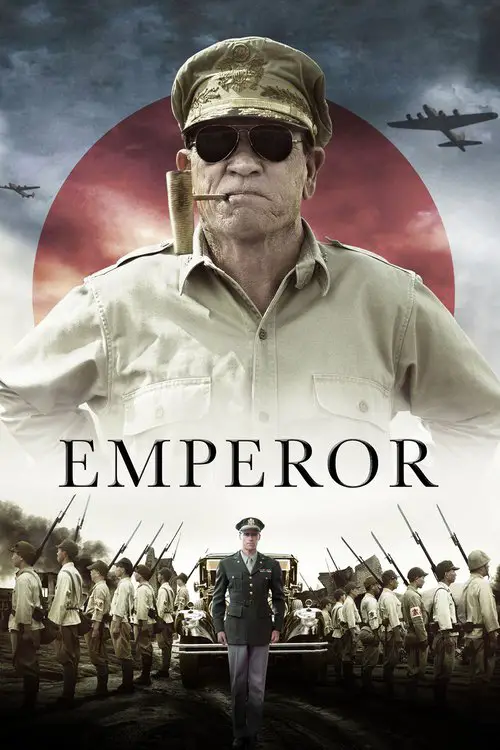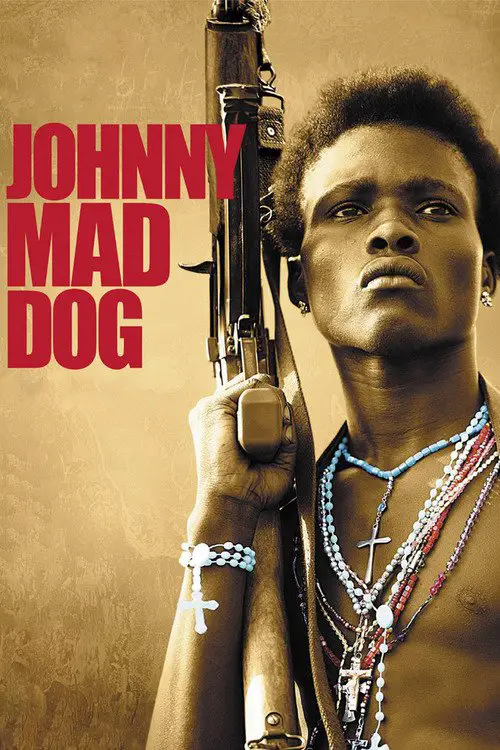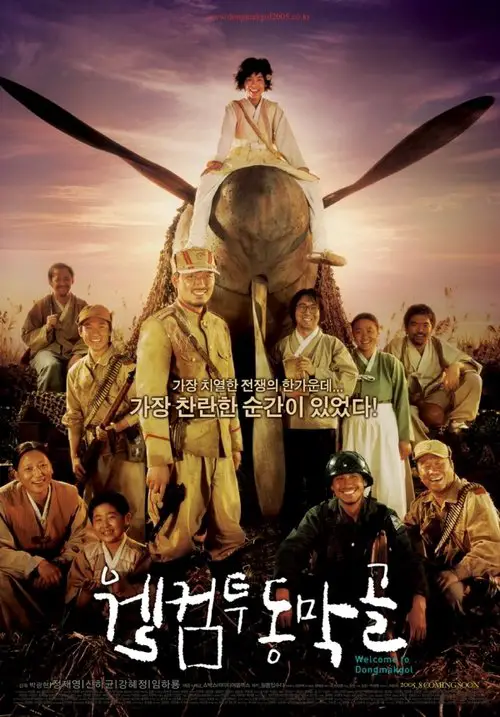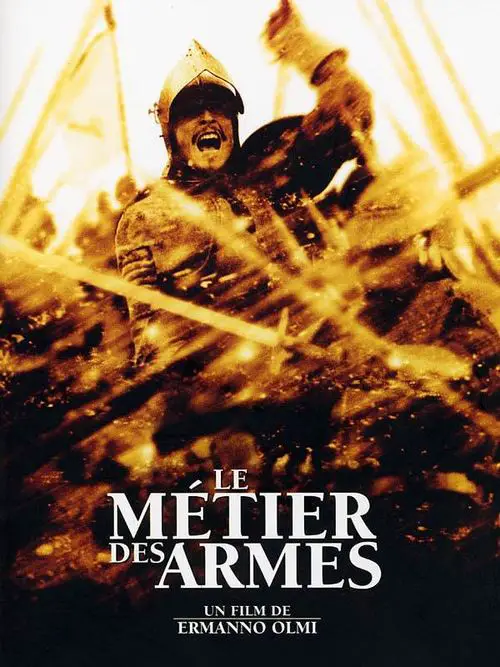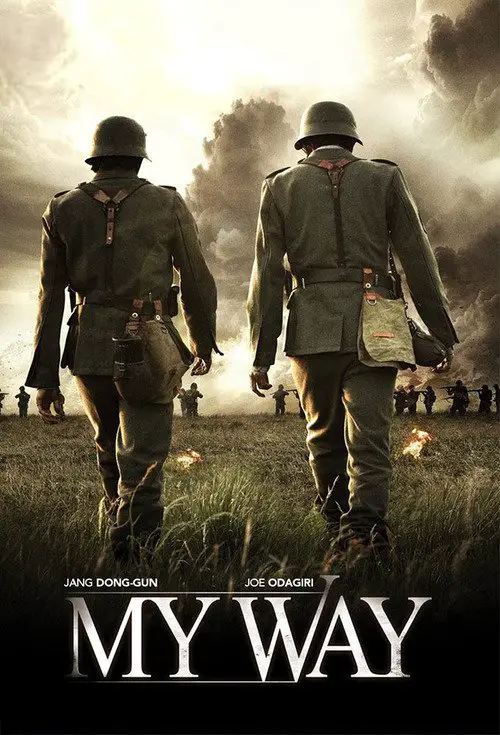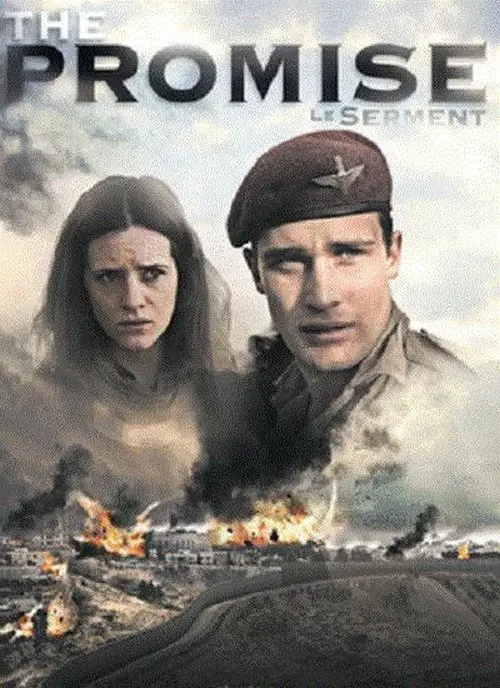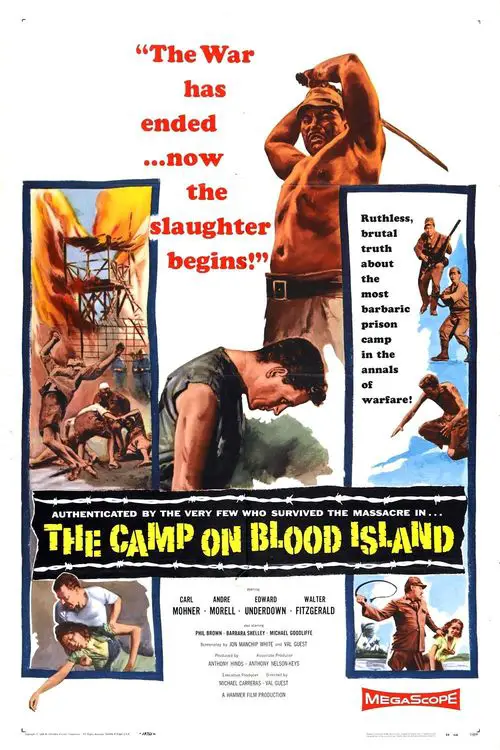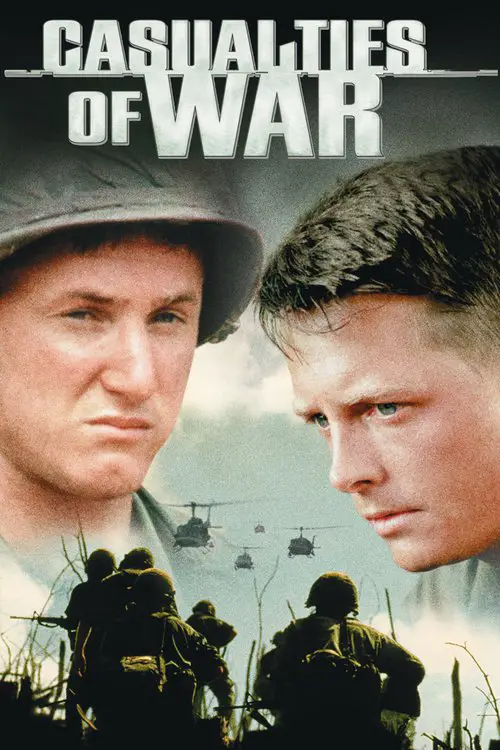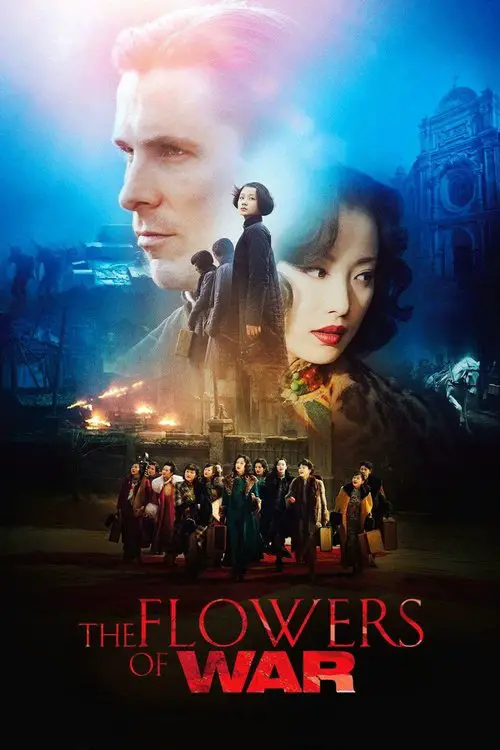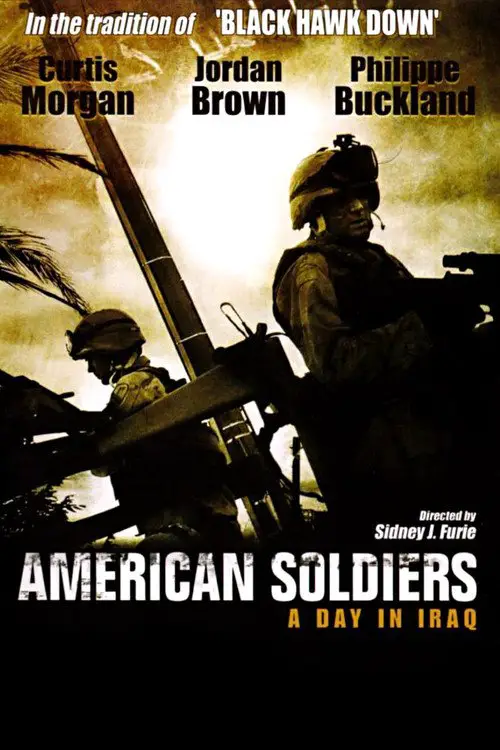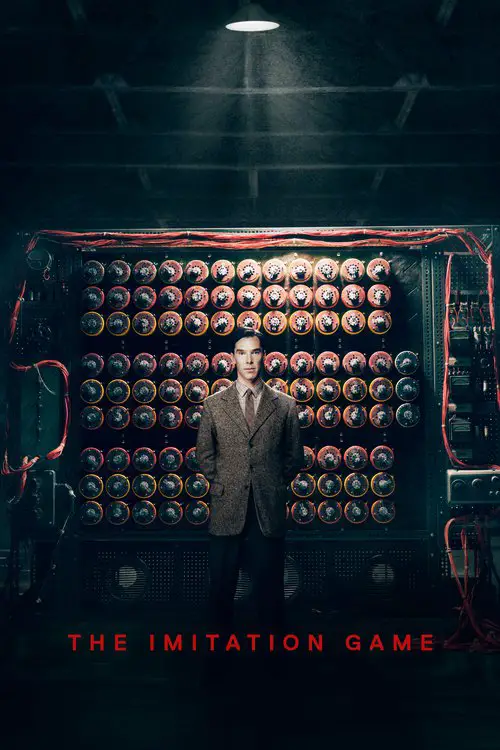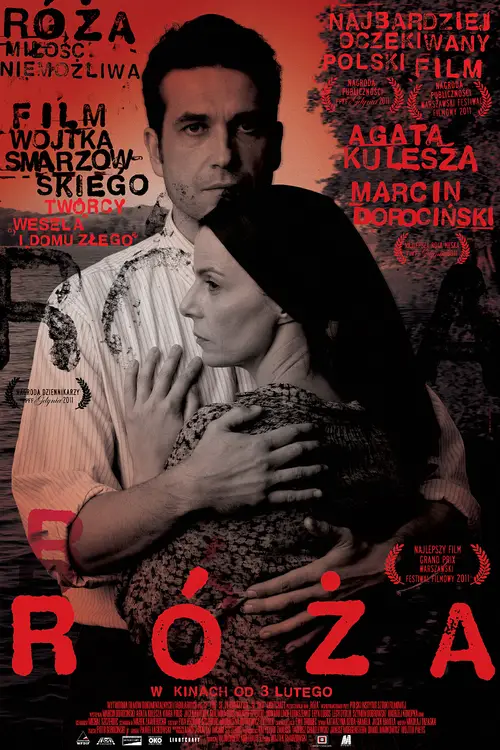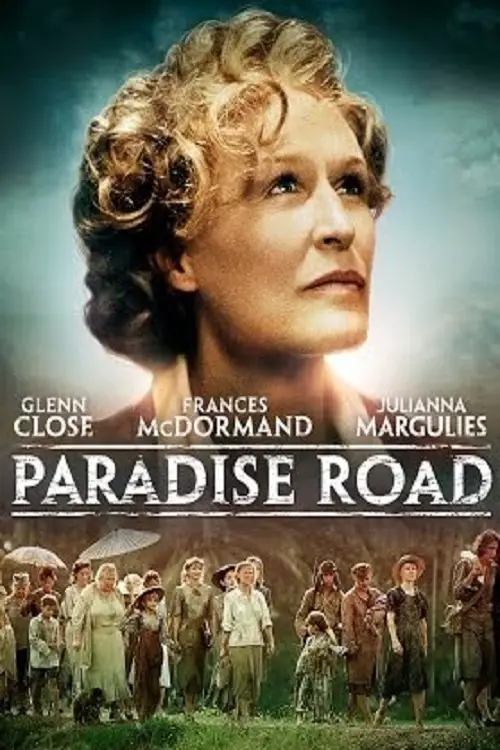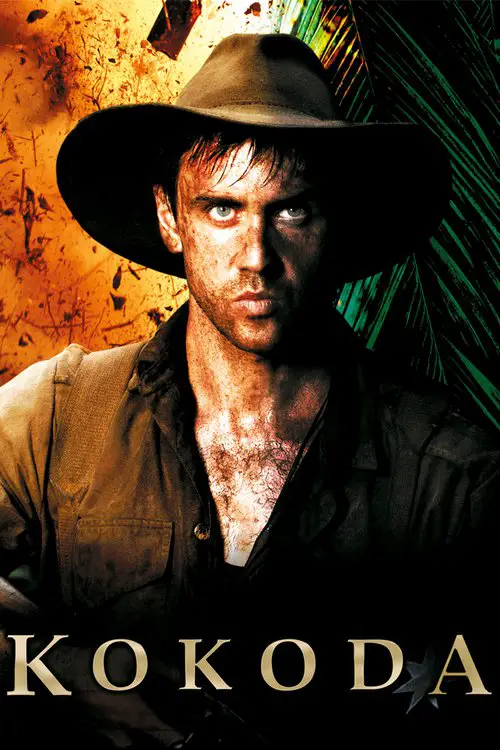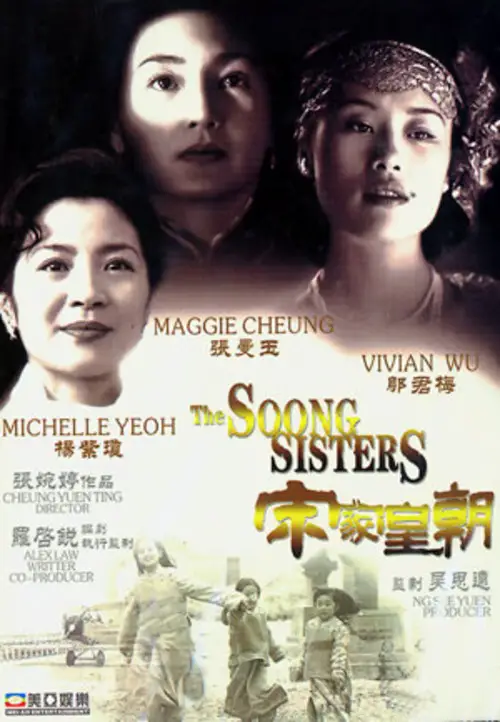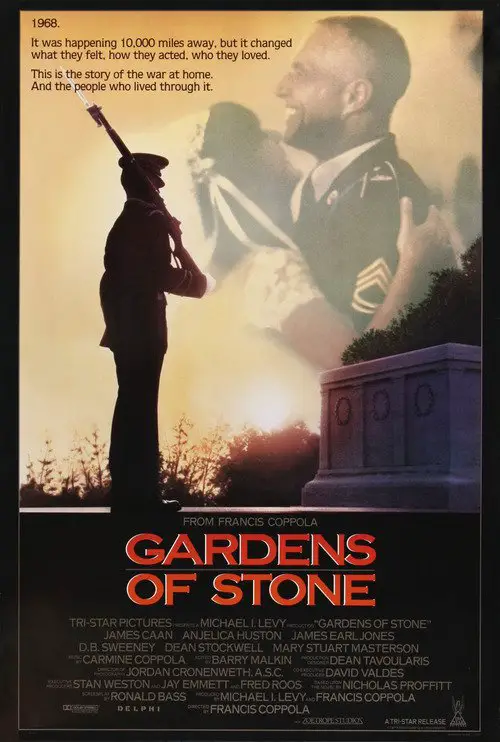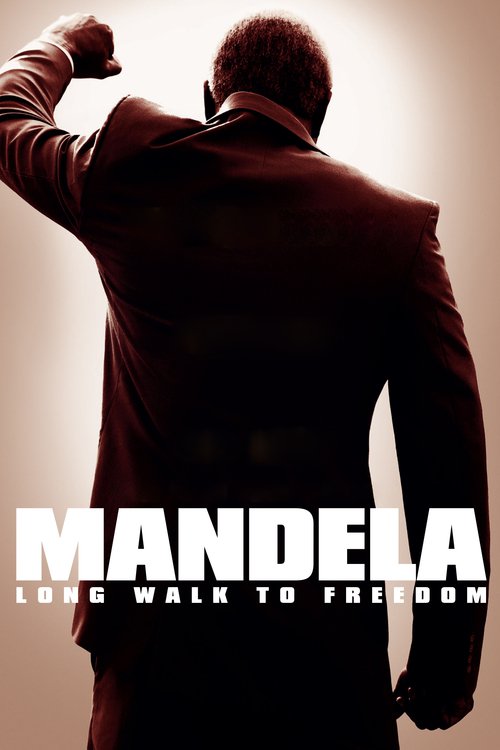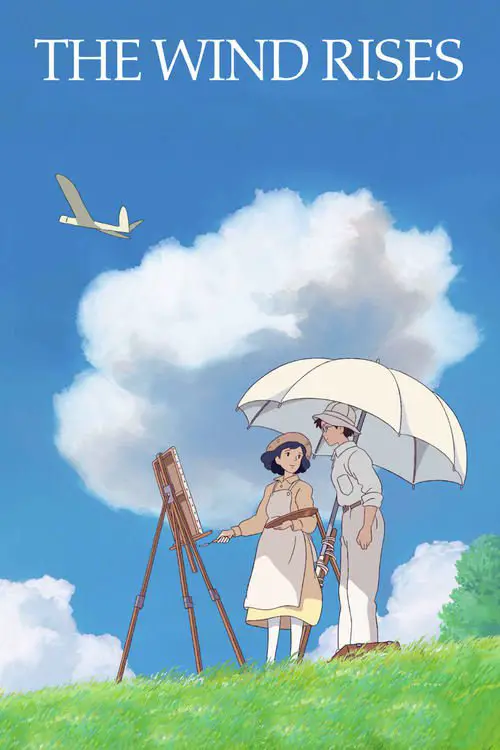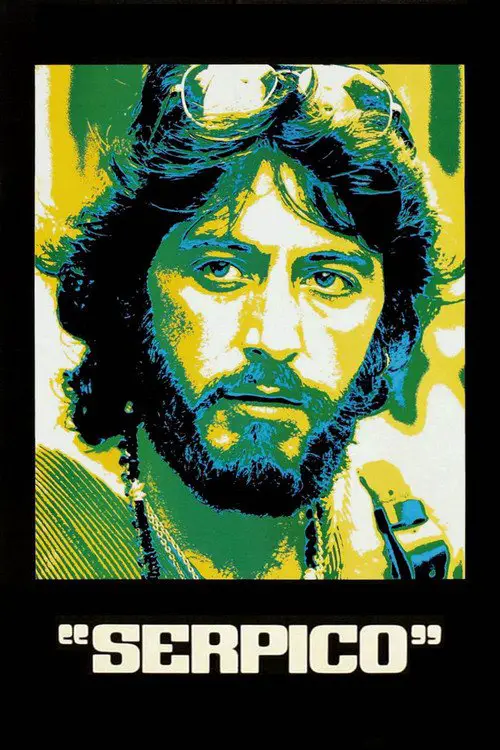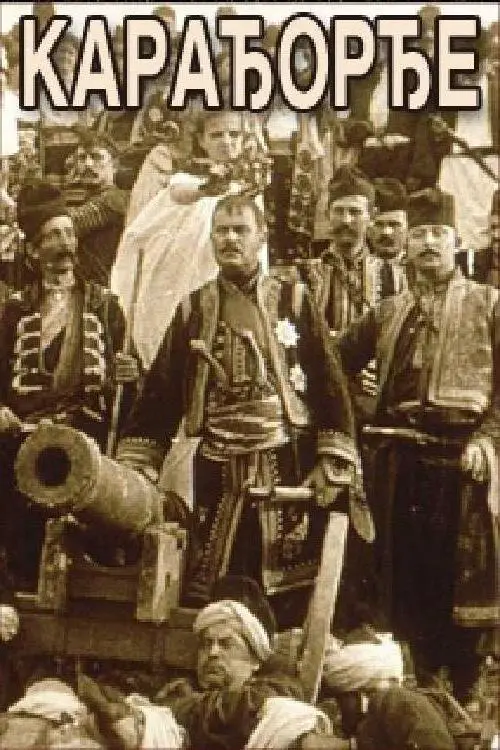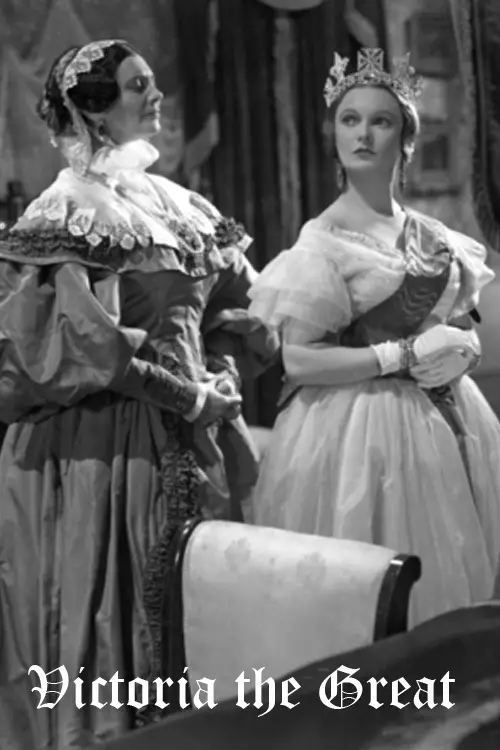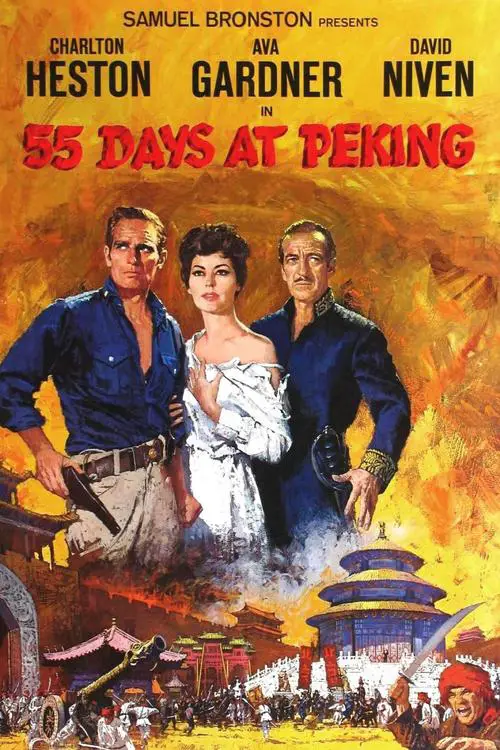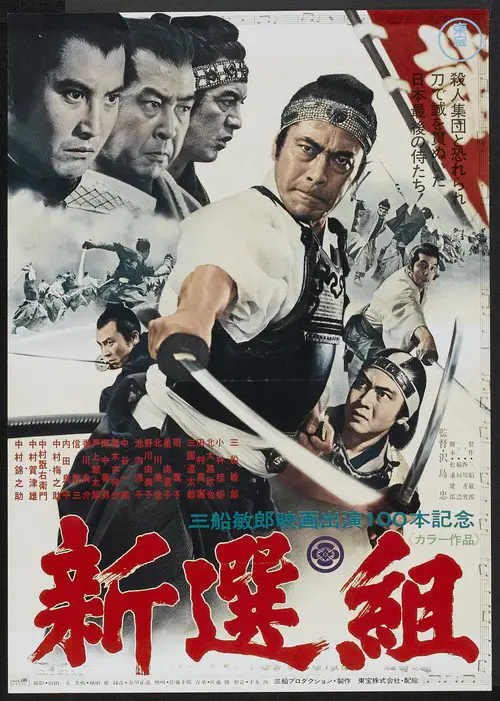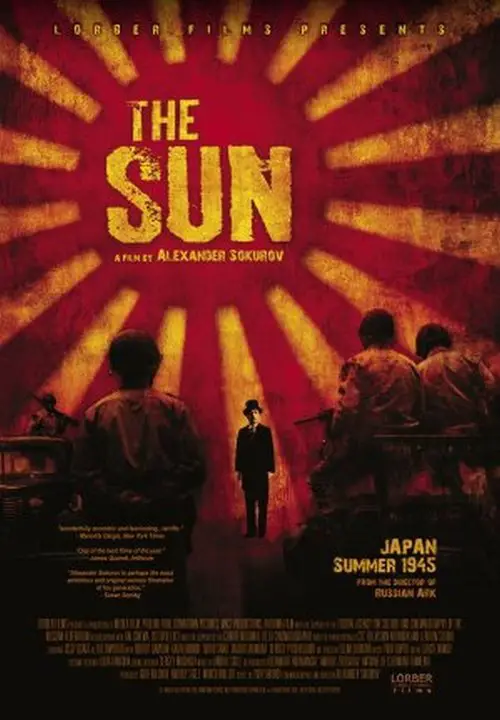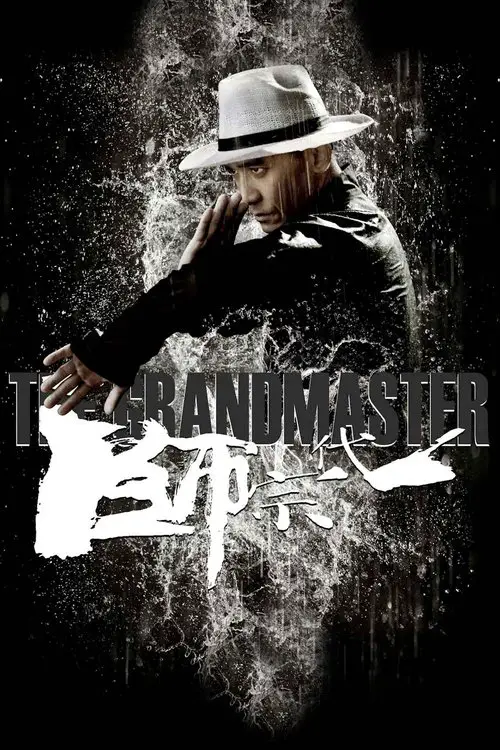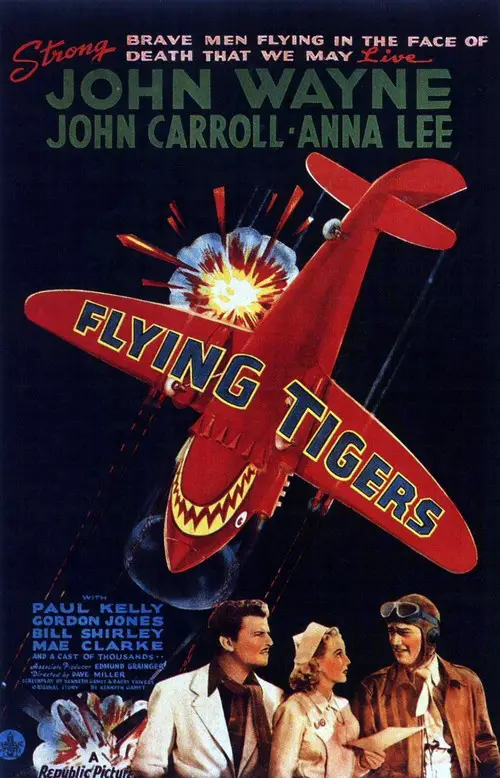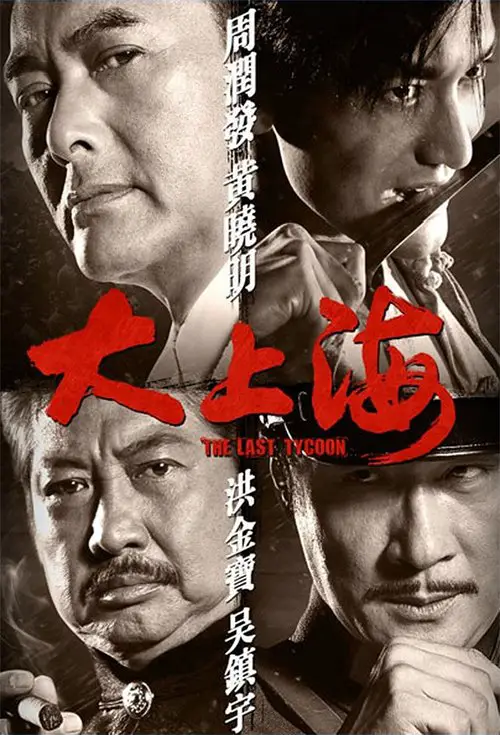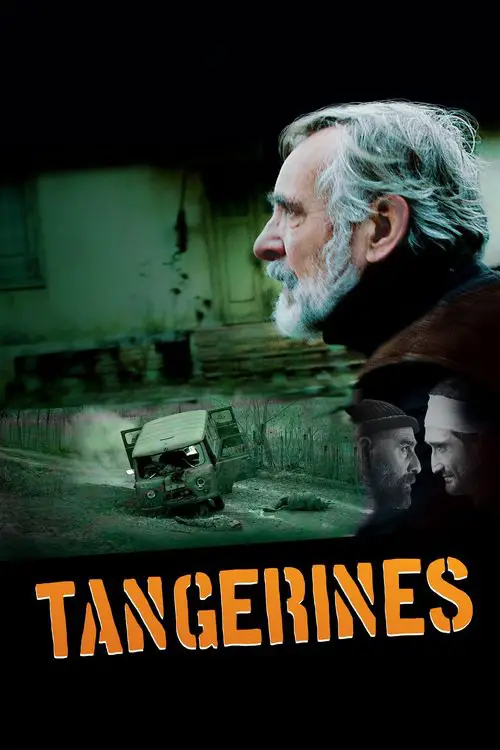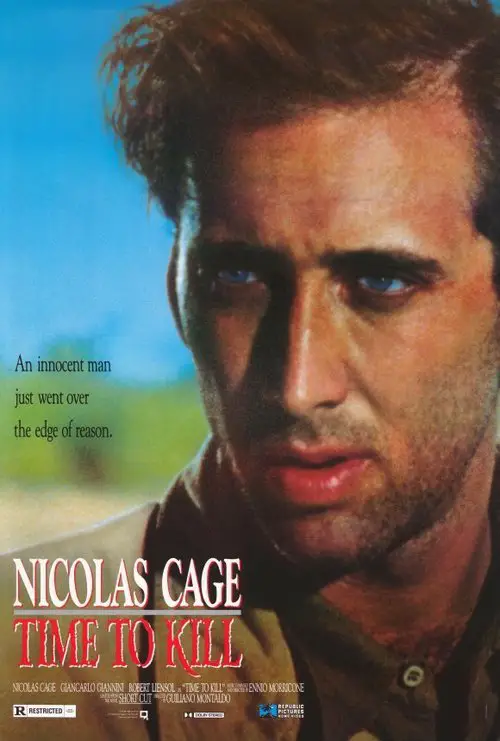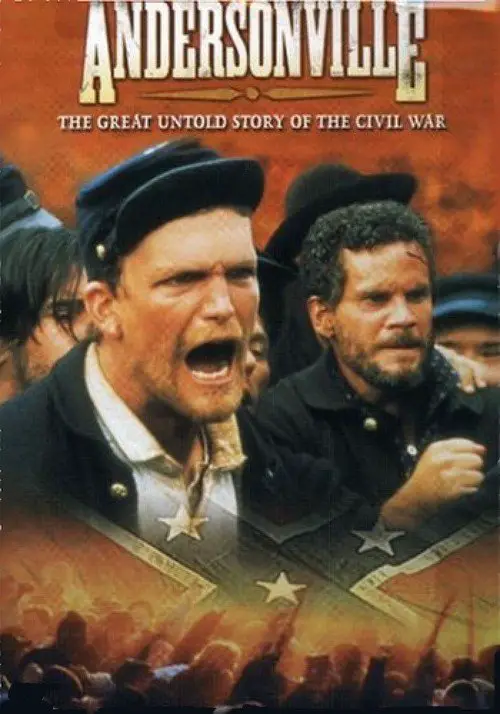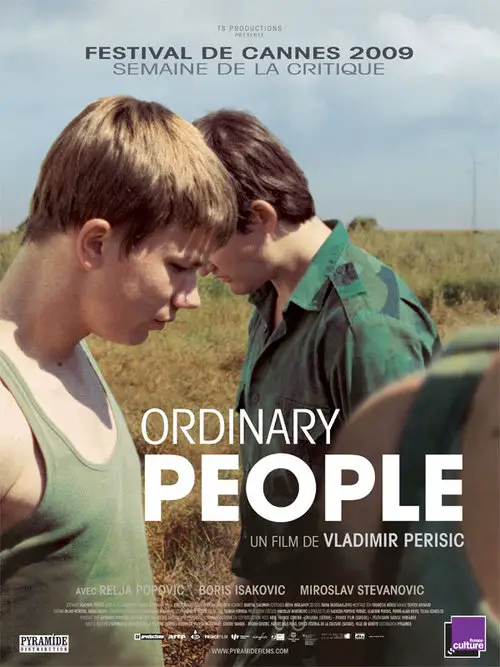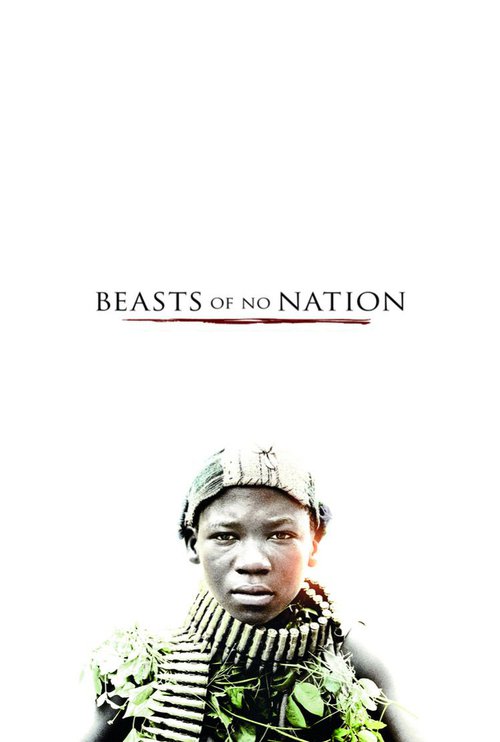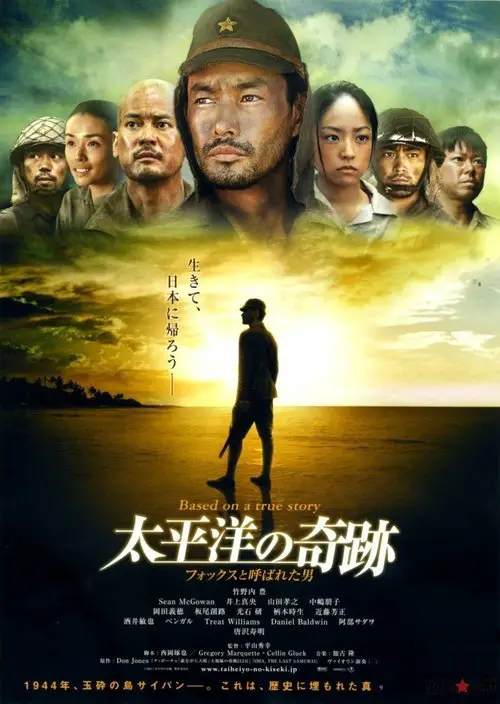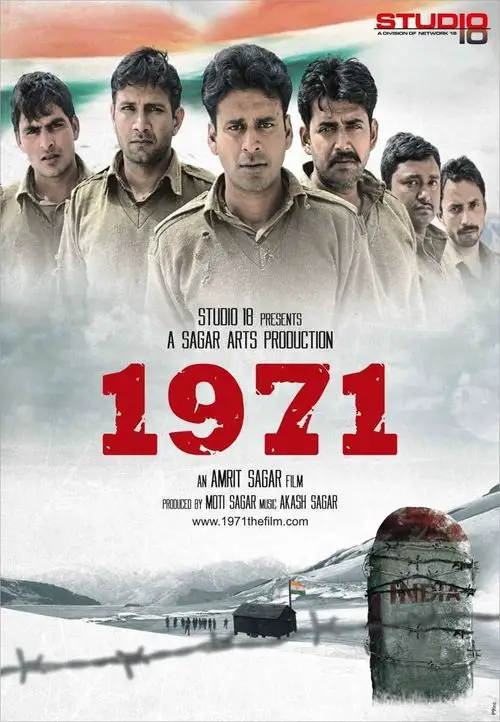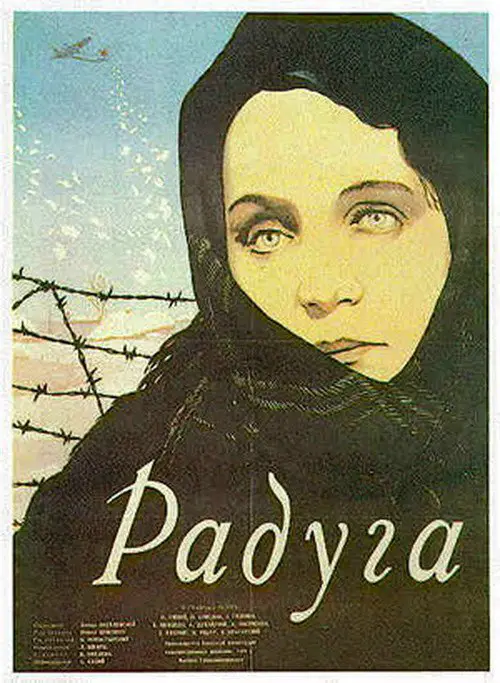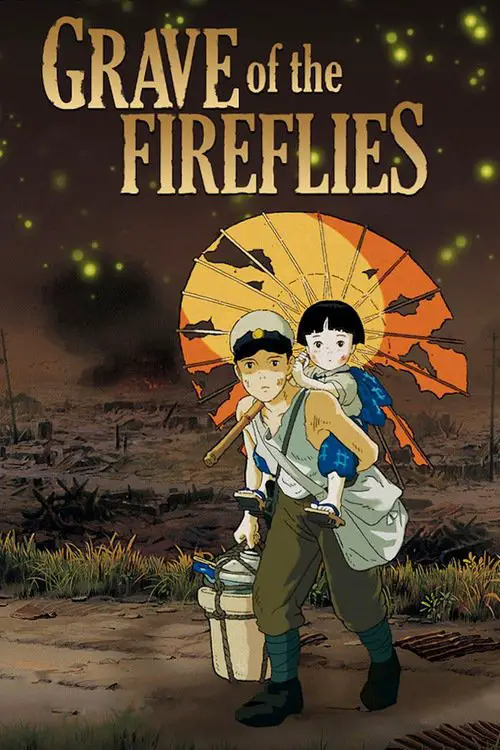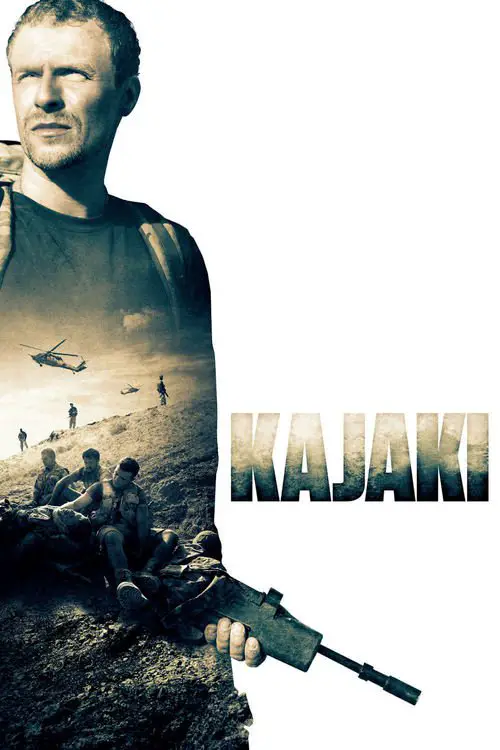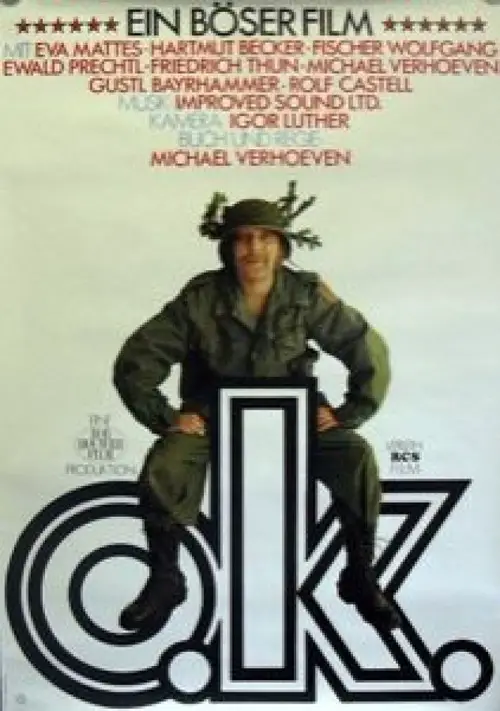John Rabe (2009)
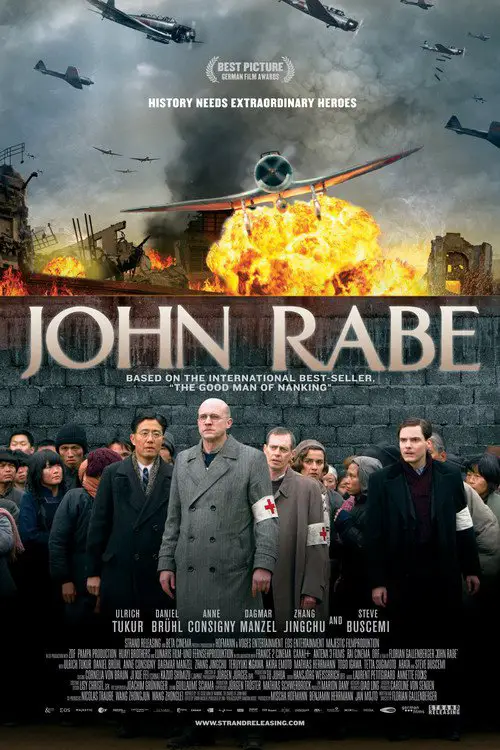
Similar movies
City of Life and Death takes place in 1937, during the height of the Second Sino-Japanese War. The Imperial Japanese Army has just captured the then-capital of the Republic of China, Nanjing. What followed was known as the Nanking Massacre, or the Rape of Nanking, a period of several weeks wherein tens of thousands of Chinese soldiers and civilians were killed.
At the start of World War I, Paul Baumer is a young German patriot, eager to fight. Indoctrinated with propaganda at school, he and his friends eagerly sign up for the army soon after graduation. But when the horrors of war soon become too much to bear, and as his friends die or become gravely wounded, Paul questions the sanity of fighting over a few hundreds yards of war-torn countryside.
In autumn of 1526, the Emperor, Charles V, sends his German landsknechts led by Georg von Frundsberg to march towards Rome. The inferior papal armies, commanded by Giovanni de'Medici, try to chase them in the midst of a harsh winter. Nevertheless, the Imperial armies manage to cross the rivers along their march and get cannons thanks to the maneuvers of its Lords. In a skirmish, Giovanni de'Medici is wounded in the leg by a falconet shot. The attempts to cure him fail and he dies. The Imperial armies assault Rome. The film is beautifully but unassumingly set, and shows the hard conditions in which war is waged and its lack of glory. It ends straightforwardly with the declaration made after the death of Giovanni de'Medici by the commanders of the armies in Europe of not using again fire weapons because of their cruelty.
Nathan Algren is an American hired to instruct the Japanese army in the ways of modern warfare -- in this lush epic set in the 1870s, which finds Algren learning to respect the samurai and the honorable principles that rule them. Pressed to destroy the samurai's way of life in the name of modernization and open trade, Algren decides to become an ultimate warrior himself and to fight for their right to exist.
Inspired by a true story. Jun Shik works for Tatsuo's grandfather's farm while Korea is colonized by Japan, but he has a dream to participate in Tokyo Olympics as a marathon runner. Tatsuo also aims to become a marathon runner, so the two are in rivalry. But war breaks out and they both are forced to enlist in the army. Tatsuo becomes the head of defense in Jun Shik's unit and he devises a scheme but fails. Jun Shik and Tatsuo are captured by the Soviets. They run away but soon are captured by Germans and forced to separate. In 1944, they meet again at the shores of Normandy.
The film begins with the final moments of the Battle of Dien Bien Phu in 1954, when the final assault of Viet Minh is imminent. The weakened French garrison awaits reinforcements that arrive with a single plane under the command of Major De Clairefons. The outpost commander, Basque Lt. Col. Pierre-Noel Raspeguy (Quinn) fights to protect the group, but the paras are slaughtered as they land
Set in a Japanese prisoner of war camp during World War II, the film focuses on the brutality and horror that the allied prisoners were exposed to as the Japanese metered out subjugation and punishment to a disgraced and defeated enemy. This harrowing drama concentrates on the deviations of legal and moral definitions when two opposing cultures clash. Although fictional, this was one of the earliest films to deal realistically with life and death in a Japanese prisoner-of-war camp during the Second War.
This harrowing tale of survival centers on Rose, a Masurian woman, whose German soldier husband was killed in the war, leaving her alone on their farm. A single woman had no defense against Russian soldiers who raped as a form of revenge, nor against plundering Poles who found themselves in desperate straits. Help arrives for Rose in the form of Tadeusz, a former officer in the Polish Home Army who deserted after he saw his wife raped and murdered by Russian troops and is attempting to hide his identity.
Paradise Road is a 1997 film which tells the story of a group of English, American, Dutch and Australian women who are imprisoned in Sumatra during World War II. It was directed by Bruce Beresford and stars Glenn Close as beatific Adrienne Pargiter, Frances McDormand as the brash Dr. Verstak, Pauline Collins as missionary Margaret Drummond (based on missionary Margaret Dryburgh), Julianna Margulies as American socialite Topsy Merritt, Jennifer Ehle as British doyenne and model Rosemary Leighton Jones, Cate Blanchett as Australian nurse Susan McCarthy and Elizabeth Spriggs as dowager Imogene Roberts. Basing his picture on real events, Bruce Beresford tells the story of a vocal orchestra created by the women in a Japanese P.O.W. camp, a classic survivors' tale extolling women's ability to survive hardship and atrocity through perseverance, solidarity and creativity.
A dramatic history of Pu Yi, the last of the Emperors of China, from his lofty birth and brief reign in the Forbidden City, the object of worship by half a billion people; through his abdication, his decline and dissolute lifestyle; his exploitation by the invading Japanese, and finally to his obscure existence as just another peasant worker in the People's Republic.
In 1942 British soldier Jack Celliers comes to a japanese prison camp. The camp is run by Yonoi, who has a firm belief in discipline, honour and glory. In his view, the allied prisoners are cowards when they chose to surrender instead of commiting suicide. One of the prisoners, interpreter John Lawrence, tries to explain the japanese way of thinking, but is considered a traitor.
Based on the internationally acclaimed novel by Arthur Golden, Memoirs of a Geisha is a sweeping romantic epic set in a mysterious and exotic world that still casts a potent spell today. The story begins in the years before WWII when a penniless Japanese child is torn from her family to work as a maid in a geisha house.
The Soong family was a political dynasty in China that reached the highest levels of power. This film follows the lives of the three Soong daughters, who were educated in America and returned to China. Ai-ling (the oldest) married a wealthy and powerful businessman. Ching-ling married Sun Yat-sen, the revolutionary founder of modern China. Mei-ling (the youngest) married Chiang Kai-shek, China's l
The Wind Rises is the 11th animated theatrical film directed by Hayao Miyazaki at Studio Ghibli. Based on Miyazakiâs own manga and the 1937 short novel of the same name by Tatsuo Hori, this is the story of JirÅ Horikoshi, the aircraft engineer most remembered for his design work on the Mitsubishi A6M Reisen âZeroâ, Japanâs famous World War II fighter aircraft. During the WWII years, the Miyazaki family business manufactured aircraft parts, including the windshields and rudders used on the Zero.
The film is a biography of Pope John Paul II. It starts in 1926 when the boy Karol Wojtila was celebrating Christmas with his father in Poland. Some years later Nazi Germany attacks Poland and invades the country while Wojtila seeks refuge at the house of Cardinal Wyszynski. Also appear all the other important stations of the life of the Pope.
Serpico is a 1973 American biopic directed by Sidney Lumet and starring Al Pacino. It's based on Peter Maas' biography of NYPD officer Frank Serpico, who went undercover to expose corruption in the force. The film and its principals were nominated for numerous awards, and together with Scarecrow, which was released the same year, it marked the big breakthrough for Al Pacino. The film was also a commercial success.
September of 1944, a few days before Finland went out of the Second World War. A chained to a rock Finnish sniper-kamikadze Veikko managed to set himself free. Ivan, a captain of the Soviet Army, arrested by the Front Secret Police 'Smersh', has a narrow escape. They are soldiers of the two enemy armies. A Lapp woman Anni gives a shelter to both of them at her farm. For Anni they are not enemies, but just men.
The film biography of Queen Victoria focussing initially on the early years of her reign with her marriage to Prince Albert and her subsequent rule after Albert's death in 1861. The film was released in the year of King George VI's coronation, which was also the centennial of Victoria's own accession to the throne.
Diplomats, soldiers and other representatives of a dozen nations fend off the siege of the International Compound in Peking during the 1900 Boxer Rebellion. The disparate interests unite for survival despite competing factions, overwhelming odds, delayed relief and tacit support of the Boxers by the Empress of China and her generals.
A humble and simple Takezo abandons his life as a knight errant. He's sought as a teacher and vassal by Shogun, Japan's most powerful clan leader. He's also challenged to fight by the supremely confident and skilful Sasaki Kojiro. Takezo agrees to fight Kojiro in a year's time but rejects Shogun's patronage, choosing instead to live on the edge of a village, raising vegetables. He's followed there by Otsu and later by Akemi, both in love with him. The year ends as Takezo assists the villagers against a band of brigands. He seeks Otsu's forgiveness and accepts her love, then sets off across the water to Ganryu Island for his final contest.
Near the end of the nineteenth century, as the balance of power shifts from Shogunate towards the Emperor, Japan restlessly awaits the dawning of a new age. But not all are content...The Shinsengumi, a small army of samurai, farmers and peasants, band together to do battle against the tide of history. Their leader, Isami Kondo (Mifune) is a man who rises from farmer to fighter to head the fierce Shinsengumi brigade. Using a stern hand and a heart of gold, he rallies his men in defense of the tottering Shogunate. But bloodshed and treachery lurk around every corner.
The Sun (Russian: СóлнÑе, Solntse) is a 2005 Russian biographical film depicting Japanese Emperor ShÅwa (Hirohito) during the final days of World War II. The film is the third drama in director Aleksandr Sokurov's trilogy, which included Taurus about the Soviet Union's Vladimir Lenin and Moloch about Nazi Germany's Adolf Hitler.
Ip Man's peaceful life in Foshan changes after Gong Yutian seeks an heir for his family in Southern China. Ip Man then meets Gong Er who challenges him for the sake of regaining her family's honor. After the Second Sino-Japanese War, Ip Man moves to Hong Kong and struggles to provide for his family. In the mean time, Gong Er chooses the path of vengeance after her father was killed by Ma San.
Jim Gordon commands a unit of the famed Flying Tigers, the American Volunteer Group which fought the Japanese in China before America's entry into World War II. Gordon must send his outnumbered band of fighter pilots out against overwhelming odds while juggling the disparate personalities and problems of his fellow flyers.
In 370 B.C, China was separated as seven nations and several other small tribes, one of these being the city state of Liang. The nation of Zhao is led by the terrifying Xiang Yangzhong who orders his troops to conquer the small city. Leaping to the defense of the people of Liang is 'Ge Li' from the Mo-Tsu tribe, their last hope from the terrors of Yangzhong's troops.
Set in Shanghais Gangster era of the early 1900s, THE LAST TYCOON tells the tale of CHENG (Chow Yun-Fat), a young man who is set up by the chief of police (Sammo Hung) and must leave the life he knows and QIU (Monica Mok), the woman he loves, to start again. After escaping prison CHENG quickly and violently moves his way up the ladder of Shanghais criminal underworld to become on the most powerful mob bosses in Shanghais history. But fame and notoriety take their toll when CHENG finds himself stuck between the looming Japanese army and the scheming local secret service. Matters are only made worse when he bumps into the love of his life QIU, along with her writer husband. Will love re-kindle in the dusk of an era?
1936, Italian army is invading Ethiopia. Lieutenant Silvestri suffering toothache decides to reach the nearest camp hospital. But the lorry has an accident and stop near a rock, so Silvestri continues by walk. On his way he meets and rapes a wonderful young Ethiopian. He also wound her when he shot to a wild animal, and later kills her to avoid further pain. When he finally reaches the hospital, he realizes he gets probably leprosy. Trying to escape from Ethiopia Silvestri will kill again. But surprises aren't still over.
This lengthy docudrama records the harrowing conditions at the Confederacy's most notorious prisoner-of-war camp. The drama unfolds through the eyes of a company of Union soldiers captured at the Battle of Cold Harbor, VA, in June 1864, and shipped to the camp in southern Georgia. A private, Josiah Day, and his sergeant try to hold their company together in the face of squalid living conditions, inhumane punishments, and a gang of predatory fellow prisoners called the Raiders.
The story of a soldier faced with mission of executing prisoners in an unspecified place and time. The film follows a hot summer day in the life of Džoni, a twenty-year-old recruit, who is sent to an abandoned farm on an unknown mission. The soldiers wait to battle unnamed terrorists, but instead, a bus full of prisoners arrives to the barracks. The commander orders the soldiers to execute the prisoners. At first, Džoni is shocked by the cruel killings, but as more prisoners arrive, he begins to enjoy the executions.
In 1944, the American military lands on the shores of Saipan. Refusing to commit suicide with his superiors or be forced into camps for prisoners of war, Captain Oba Sakae leads a group of his men and other similarly minded local residents into the mountains. Even after hearing reports of the Japanese military's surrender, Oba dismisses the reports as propaganda and continues to launch guerilla attacks against the American soldiers, earning him the nickname "The Fox". Soon, even the American commander who's charged with the task of capturing Oba comes to admire his persistent enemy.
In the DMZ separating North and South Korea, two North Korean soldiers have been killed, supposedly by one South Korean soldier. But the 11 bullets found in the bodies, together with the 5 remaining bullets in the assassin's magazine clip, amount to 16 bullets for a gun that should normally hold 15 bullets. The investigating Swiss/Swedish team from the neutral countries overseeing the DMZ suspects that another, unknown party was involved - all of which points to some sort of cover up. The truth is much simpler and much more tragic.
During World War I, commanding officer General Broulard (Adolphe Menjou) orders his subordinate, General Mireau (George Macready), to attack a German trench position, offering a promotion as an incentive. Though the mission is foolhardy to the point of suicide, Mireau commands his own subordinate, Colonel Dax (Kirk Douglas), to plan the attack. When it ends in disaster, General Mireau demands the court-martial of three random soldiers in order to save face.
The German conquerors are above nothing, not even the slaughter of small children, to break the spirit of their Soviet captives. Suffering more than most is Olga (Nataliya Uzhviy), a Soviet partisan who returns to the village to bear her child, only to endure the cruelest of arbitrary tortures at the hands of the Nazis. Eventually, the villagers rise up against their oppressors-but unexpectedly do not wipe them out, electing instead to force the surviving Nazis to stand trial for their atrocities in a postwar "people's court." (It is also implied that those who collaborated with the Germans will be dealt with in the same evenhanded fashion).
The men of Bravo Company are facing a battle that's all uphill⦠up Hamburger Hill. Fourteen war-weary soldiers are battling for a mud-covered mound of earth so named because it chews up soldiers like chopped meat. They are fighting for their country, their fellow soldiers and their lives. War is hell, but this is worse. Hamburger Hill tells it the way it was, the way it really was. It's a raw, gritty and totally unrelenting dramatic depiction of one of the fiercest battles of America's bloodiest war. This happened. Hamburger Hill - war at its worst, men at their best.
In the latter part of World War II, a boy and his sister, orphaned when their mother is killed in the firebombing of Tokyo, are left to survive on their own in what remains of civilian life in Japan. The plot follows this boy and his sister as they do their best to survive in the Japanese countryside, battling hunger, prejudice, and pride in their own quiet, personal battle.
A four man US fireteam on patrol seizes a passing young Vietnamnese girl and continue to torture, rape and kill her. Only one soldier refuses to take part in it and reports this incident to his superior, who dismisses it as simple wartime incident. As a consequence for his report, the soldier has to fear for his life. Later, the perpetrators are convicted, although subsequent appeals reduce their sentences significantly. The plot takes place in a Bavarian forest and reenacts a real war crime that happened in the Vietnam war. The soldiers wear US uniforms, have authentic names but speak with a pronounced Bavarian accent - a conscious directing decision known as Brechtian distancing effect.
© Valossa 2015–2025
| Privacy Policy

